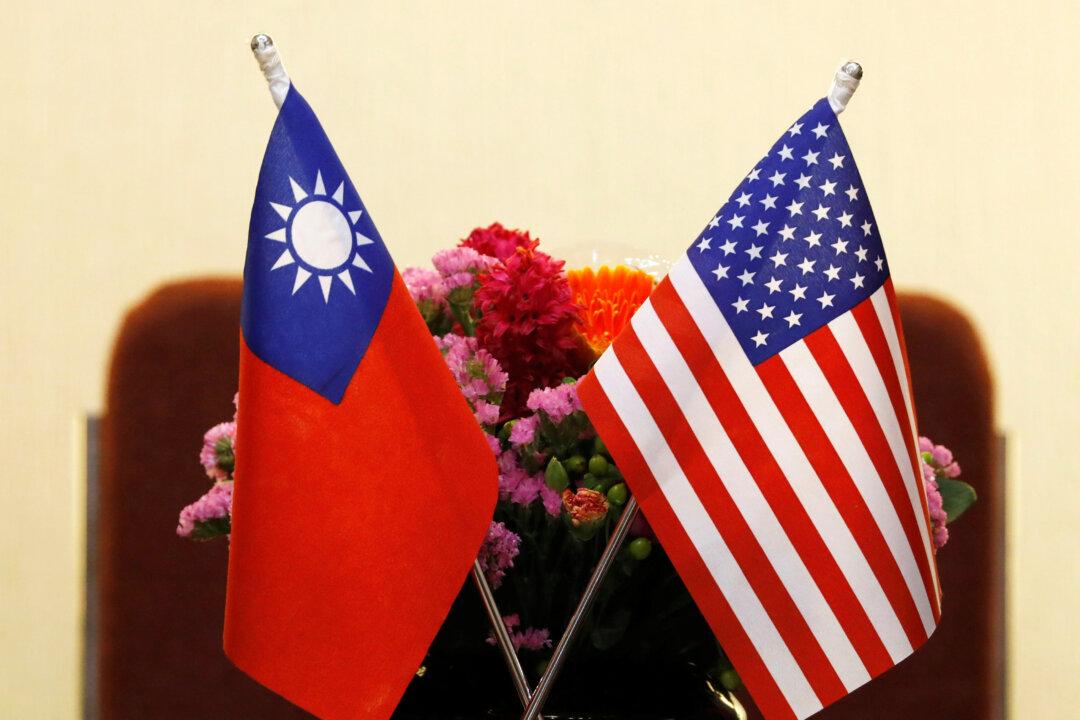News Analysis
Beijing’s increasing belligerence toward Taiwan voids the “one China” policy and prior arms sales limitations, which should be increased to maintain the military balance and keep the peace.

Beijing’s increasing belligerence toward Taiwan voids the “one China” policy and prior arms sales limitations, which should be increased to maintain the military balance and keep the peace.